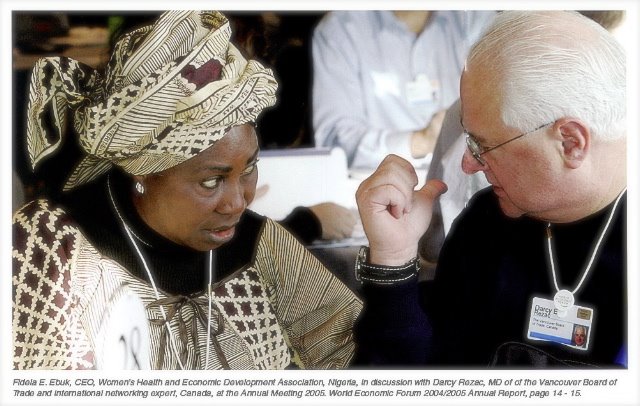Small islands Shake UP Copenhagen UN Summit
by Barry Appleton

The costs for islands like Tuvalu are very real. It is a small island nation that has very real concerns for its very survival. Islands like Tuvalu have suffered a staggering loss of fisheries and the health of its coral reefs are at peril caused directly by climate change. Other islands like the Maldives threatened to be submerged if global sea levels rise.
The position of the small island nations at the Copenhagen talks demonstrates an evolution in negotiations. It marks the first split in the power of the developing states. Styled as the G77, the developing states have wielded tremendous negotiating clout at international climate conferences on account of their impressive membership – comprising nearly one half of the 193 countries at the Conference. This time the G77 have been joined by China – resulting in an even more powerful economic and political force.
Yet the Small Island Nations proposal has resulted in a split in the G77. This is the first time that there has been a public split in this voting bloc – but perhaps the split was inevitable. The interests of the largest members of the G77, China and India, have differed from most of the other less industrialized members of the group. Industrialized developing countries have been concerned about the costs of actually obtaining emission cuts in their own countries –something that was not required of them under the lenient terms of the Kyoto Protocol. China is now the world’s largest emitter of carbon. When it is added to the G77, the split between the two largest developing states and the others becomes pronounced and clear. The interests of “CHININDIA” are very different from the majority of the G77.
The climate change protestors and the island nation of Tuvalu want a mandatory and meaningful climate treaty. China, India and the developed states do not. So goes Tuvalu, so goes these talks.
The Tuvalu proposal is also interesting as it has relied on a technical element of the existing Kyoto Protocol to amend it instead of creating a new treaty from the Copenhagen Conference. The amendment proposal requires that a vote be held at the Cop15 talks – something in itself that is very rare at such international conferences.
Tuvalu has identified previously unseen seismic faults lurking beneath the G77 coalition. The Tuvalu proposal is much more significant than any number of protests or placards. So the quakes caused by tiny Tuvalu may well result in a virtual tsunami at these talks. Through its actions, it is threatening to cause a highly divisive vote at the climate talks that may cause China to reconsider its new-found embrace of emission reductions.
Stay tuned on this developing story.
______________________________________
Barry Appleton
Managing Partner
Appleton & Associates International Lawyers
Toronto ~ Washington DC
And, Vancouver Board of Trade Special Represenative, Wahington DC
Toronto Ph: 416.966.8800 Fax: 416.966.8801
77 Bloor Street West, 18th Floor,
Toronto, Ontario M5S 1M2
On the Web: www.appletonlaw.com
Email: bappleton@appletonlaw.com
And, Vancouver Board of Trade Special Represenative, Wahington DC
Toronto Ph: 416.966.8800 Fax: 416.966.8801
77 Bloor Street West, 18th Floor,
Toronto, Ontario M5S 1M2
On the Web: www.appletonlaw.com
Email: bappleton@appletonlaw.com



No comments:
Post a Comment